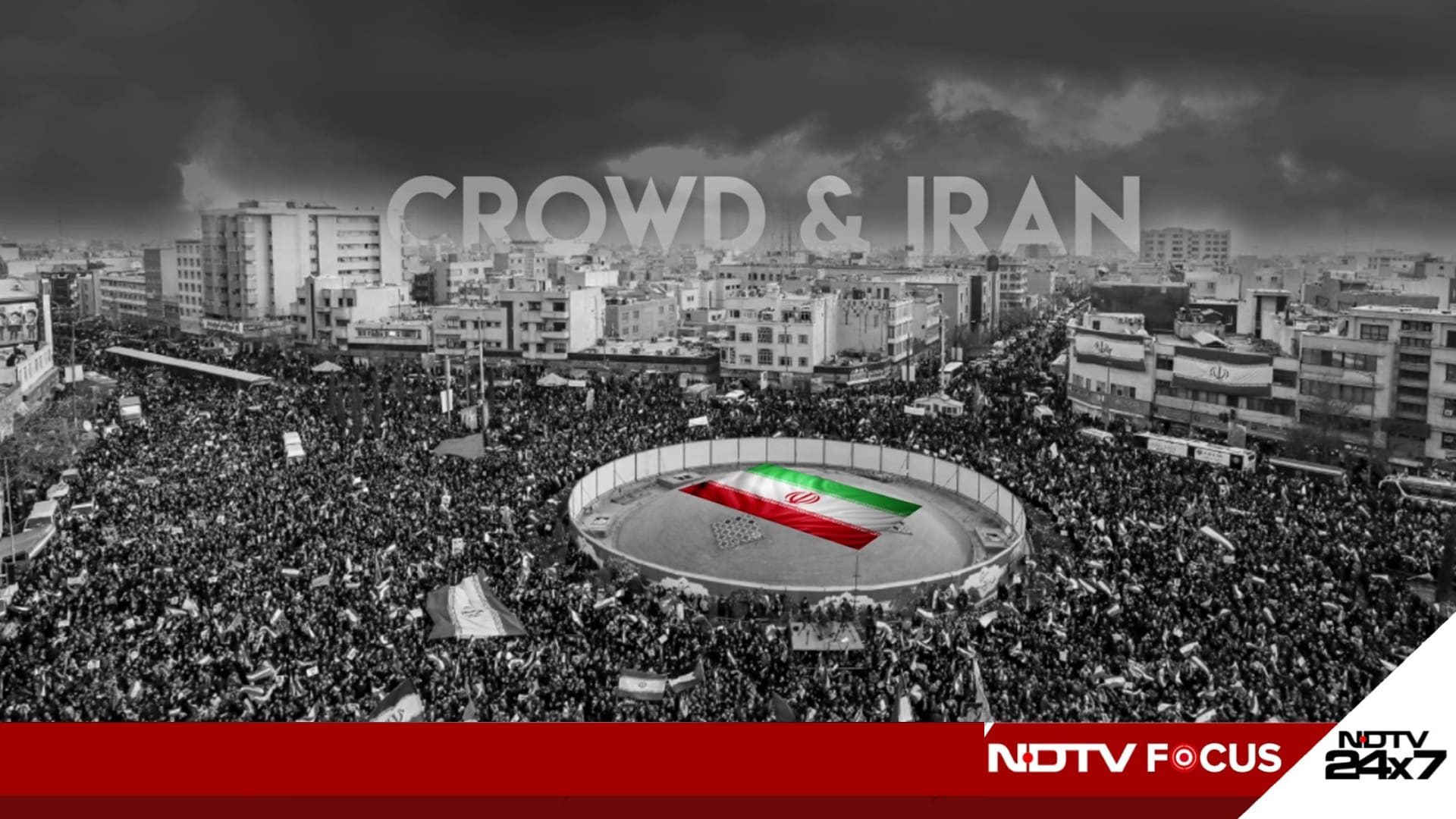Omar Abdullah took oath as Jammu and Kashmir Chief Minister on Wednesday.
Barely four months after he lost the Lok Sabha elections from the Srinagar seat, there has been a swift turnaround in Omar Abdullah’s political fortune. The 55-year-old, who won from both Budgam and Ganderbal, today took oath as the Jammu and Kashmir Chief Minister after the National Conference and Congress alliance won 48 out of 90 seats in recently concluded assembly polls. He is the first leader to take charge after Article 370, which granted special status to J&K, was scrapped by the central government in 2019. It is Mr Abdullah’s second term as the Chief Minister. He previously served as the Chief Minister from 2009 to 2014.
Early Life And Education
Omar Abdullah was born on March 10, 1970, in Rochford, Essex, United Kingdom. He is the grandson of Sheikh Abdullah and the son of Farooq Abdullah. The two senior Abdullahs also served as Chief Ministers of Jammu and Kashmir. His mother, Mollie Abdullah, was an English nurse.
Omar Abdullah completed his education at the Burn Hall School in Srinagar and Lawrence School in Sanawar. He graduated with a Bachelor of Commerce degree from Sydenham College of Commerce and Economics in Mumbai. Before his foray into politics, he worked with ITC Limited and The Oberoi Group. He enrolled in an MBA program at the University of Strathclyde but dropped out after his win in the 1998 Lok Sabha election.
Political career
Omar Abdullah comes from a family with a rich legacy in politics. In 1998 Lok Sabha election, his debut, Mr Abdulllah, all of 28, became the youngest member of parliament at the time. His political career flourished as he was re-elected to the 13th Lok Sabha in 1999 and appointed as the Union Minister of State for Commerce and Industry on October 13, 1999.
In July 2001, he became the youngest Union Minister of State for External Affairs in Atal Bihari Vajpayee’s NDA government. However, he resigned in December 2002 to focus on party activities.
He faced a setback in the 2002 state assembly elections where he lost his seat in Ganderbal. In March 2006, much to the chagrin of the then central government, Mr Abdullah met with Pakistan President Pervez Musharraf to discuss the Jammu and Kashmir issue. He became only the second member of his family to visit Pakistan. His grandfather Sheikh Abdullah also visited the neighbouring country in the 1960s.
READ | Omar Abdullah’s Key Ask After J&K Win
Chief Minister Of J&K
On January 5, 2009, Omar Abdullah was sworn in as the 11th Chief Minister of Jammu and Kashmir, leading a coalition government with the Congress party. He succeeded Ghulam Nabi Azad and became the youngest Chief Minister of the state at age 38.
Post Chief Ministerial Career
After losing the 2014 assembly elections, Omar Abdullah continued to play an active role in politics. He has been a vocal critic of the Bharatiya Janata Party (BJP)-led government’s policies, particularly regarding Jammu and Kashmir. Mr Abdullah was the last leader of the opposition in the Jammu and Kashmir Legislative Assembly before the assembly was dissolved in 2018.
Read | Omar Abdullah’s Fight From Ganderbal Is No Cakewalk
Challenges And Controversies
Omar Abdullah faced significant challenges during his tenure.
- Amarnath land row (2008): In 2008, Omar Abdullah threatened to resign as a Member of Parliament due to the excessive use of force by security forces against protesters in Kashmir. His anger stemmed from the government’s handling of the Amarnath land transfer issue and the subsequent economic blockade imposed by protestors in Jammu. Mr Abdullah said at the time that if his concerns were not addressed by the government, he would have no choice but to resign.
- Shopian rape and murder case (2009): Omar Abdullah faced backlash following the rape and murder of two women in Shopian. Initially, he supported the police’s claim that the deaths were accidental drownings, causing public outrage. Although the police later retracted their statement, Mr Abdullah maintained his position, calling for a judicial inquiry while downplaying allegations of foul play. The victims’ families accused security forces of kidnapping, raping and killing the women. The opposition, particularly the Peoples Democratic Party (PDP), criticised Omar Abdullah for prematurely concluding the investigation.
- Kashmir unrest (2010): The Omar Abdullah government faced criticism for its handling of the unrest, which killed over 100 protesters.
- Hanging of Afzal Guru (2013): On February 9, 2013, Mohammad Afzal Guru, a Kashmiri separatist, was hanged to death at Tihar Jail in New Delhi for his role in the 2001 Indian Parliament attack. Omar Abdullah, the then Chief Minister, faced the blowback, which came in the form of severe protests and debates.
- Public Safety Act (2020): Omar Abdullah was detained under the Public Safety Act (PSA) on February 7, 2020, amid the lockdown imposed after the abrogation of Article 370. He was released in March of the same year.





